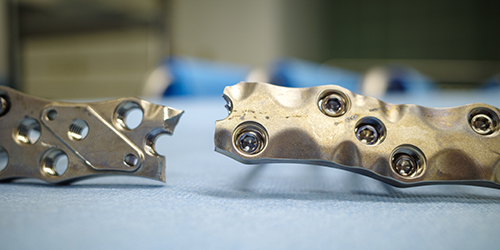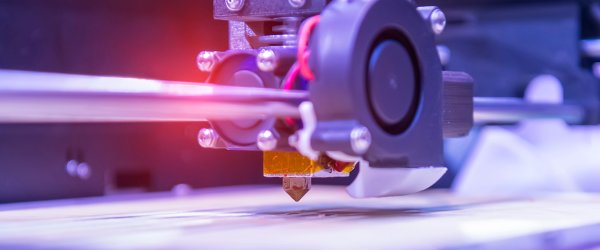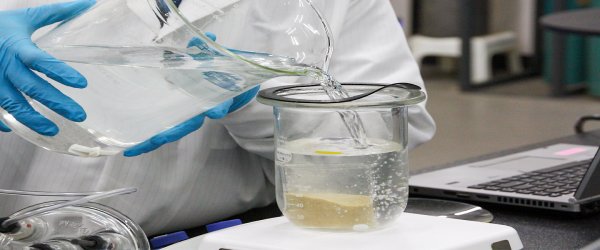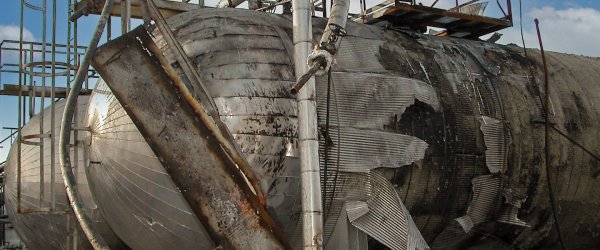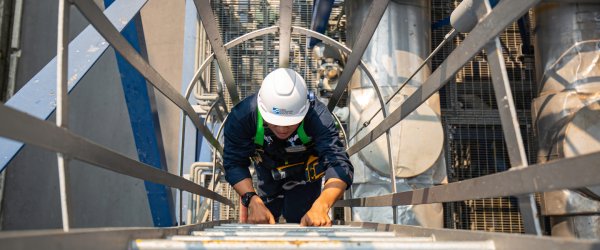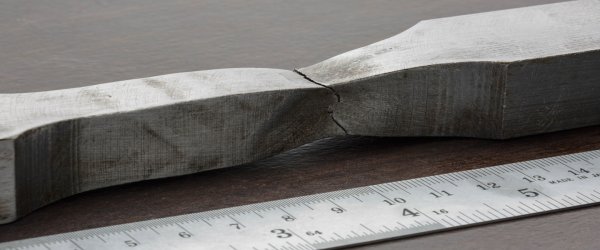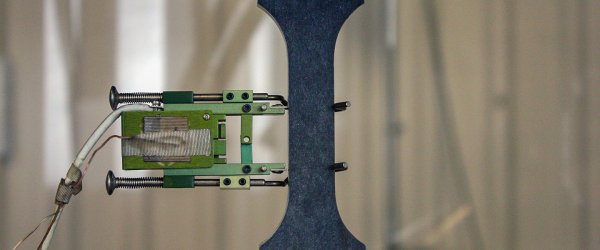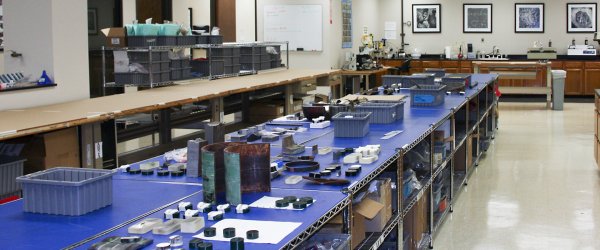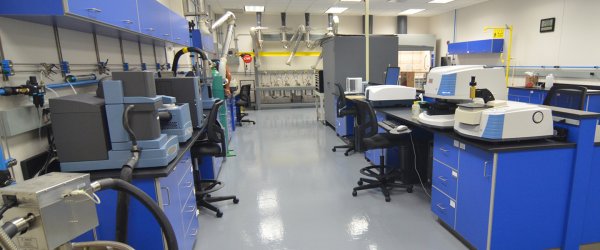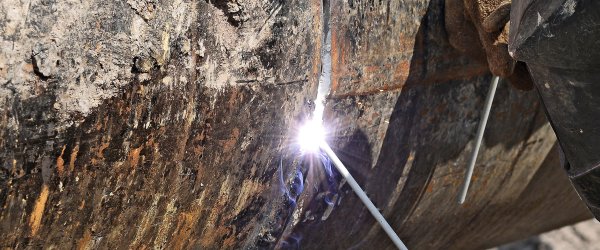Corrosion Engineering
At Stress Engineering Services, we use our extensive training, field experience, and advanced analysis tools to identify and help control modes of corrosion and environmental degradation of materials that can lead to component or system-wide failures.
We conduct a variety of standardized materials and corrosion tests such as ASTM G36 and NACE TM0177 at our spacious and well-equipped laboratories. However, our passion is designing and conducting customized corrosion, cracking, and materials qualification tests in both sweet (CO2) and sour (H2S) environments. Our focus is always to understand and then to accurately duplicate the loading, environmental, and other conditions that client materials face in real life, so that test results can be applied to solving real world problems.
For instance, our subject matter experts have improved and refined the jet impingement technique for flow corrosion testing to allow both in depth scientific investigations and routine tests using re-circulating, batch or once-through flow, including gas-in-liquid or liquid-in-gas systems. In addition, we have developed innovative techniques for: slug flow correlation, corrosion inhibitor evaluation in low and high shear stress conditions, batch inhibitor testing, and determination of corrosion inhibitor concentrations and inhibitor persistency.

Flow Regime Simulation
Flow regime simulation is one of our most frequently requested test protocols. This test is useful in understanding the corrosion process in situations where you have turbulent flow.
Under-Deposit Tests
Under-deposit tests can be used to determine how corrosion looks under a sand or corrosion product layer. This is helpful when you have low flow conditions where sand or corrosion product can settle on the bottom, for example, low flow pipelines, vessels and tanks.
Weight Loss Tests
Used to determine the overall corrosion rate (the speed at which the corrosion will occur) and/or the corrosion morphology. This test can be used to determine how an inhibitor minimizes the corrosion and affects pitting and crevice corrosion.
Cracking
Tests using a 4-point bent beam, c-ring or double cantilever beam to determine cracking susceptibility. These tests are usually done in triplicate, as cracking is not always reproducible, and the tests up to 30 days to complete.

